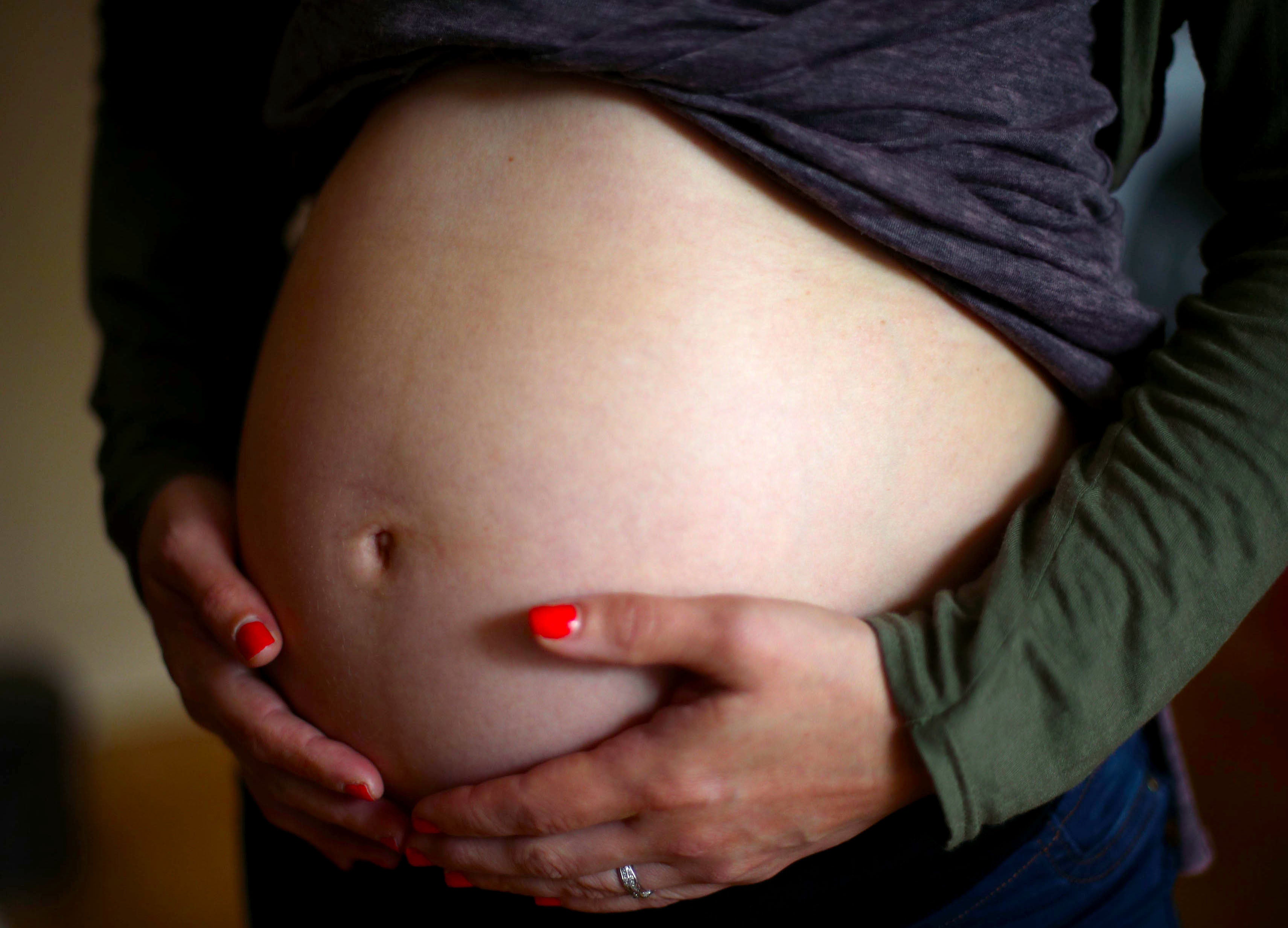Covid late in pregnancy linked to higher risk of premature birth
Experts say they did not find a connection to miscarriages, however

Your support helps us to tell the story
From reproductive rights to climate change to Big Tech, The Independent is on the ground when the story is developing. Whether it's investigating the financials of Elon Musk's pro-Trump PAC or producing our latest documentary, 'The A Word', which shines a light on the American women fighting for reproductive rights, we know how important it is to parse out the facts from the messaging.
At such a critical moment in US history, we need reporters on the ground. Your donation allows us to keep sending journalists to speak to both sides of the story.
The Independent is trusted by Americans across the entire political spectrum. And unlike many other quality news outlets, we choose not to lock Americans out of our reporting and analysis with paywalls. We believe quality journalism should be available to everyone, paid for by those who can afford it.
Your support makes all the difference.Expectant mothers are seven times more likely to give birth prematurely if they contract Covid-19 late in their pregnancy, a new study suggests.
Researchers found that Covid-19 is associated with an increased risk of preterm birth, but only for women infected in their final trimester.
They advised women who are 34 or more weeks pregnant to wear masks and practise social distancing to reduce the risk of infection.
The study of more than 5,000 pregnant women is one of the first to look at pregnancy outcomes for Covid patients by trimester.
However, the Israeli research team found no difference in the chances of losing a baby between infected and non-infected women.
Previous studies of Covid during pregnancy have been small, generally limited to patients who are in hospital, and have often not reported outcomes depending on infection during different stages of pregnancy.
Biostatistician and epidemiologist Noga Fallach, and her colleagues at the Kahn-Sagol-Maccabi Research and Innovation Centre, used anonymised data captured by Maccabi Healthcare Services in Israel to match 2,753 women who were infected during pregnancy with 2,753 women without reported Covid-19 infections.
The study ran from 21 February, 2020, until 2 July last year.
Of the infected women, 17.4 per cent caught Covid during the first trimester, 34.2 per cent during the second and 48.4 per cent during the third trimester.
Covid infection in the first and second trimesters was not associated with increased risk of preterm birth.
However, women infected in their third trimester were 2.76 times more likely to give birth prematurely – while women infected after 34 weeks of gestation were more than seven times more likely to experience preterm birth.
The findings, published in the journal PLOS One, showed a lower rate of waters breaking before labour began in infected women (39.1 per cent) compared to non-infected women (58.3 per cent), and proportions of caesarean sections and baby loss were similar in both groups.
Because of the increased risk of preterm birth in women infected during late pregnancy, the researchers suggest that during their third trimester, and particularly after 34 weeks of gestation, they should be advised to social distance and wear masks to reduce risk of infection.
Dr Tal Patalon, head of the research centre, said: “The results are encouraging and reassuring that Covid-19 infection during pregnancy is not associated with any type of pregnancy loss.
“However, it should be remembered that the research group tested the Covid pre-Delta variants, and does not refer to the dominant variant today, which is Omicron.”
She added: “We continue to conduct research to provide real-world data and knowledge to the public and decision-makers.”
SWNS



Join our commenting forum
Join thought-provoking conversations, follow other Independent readers and see their replies
Comments